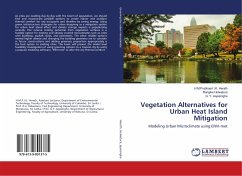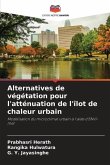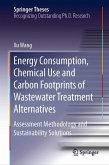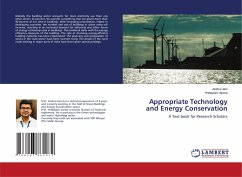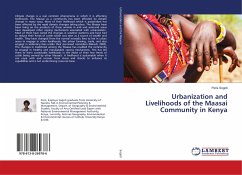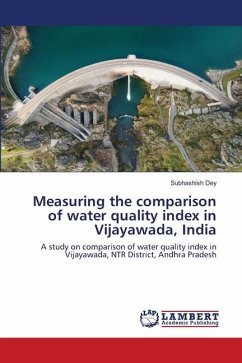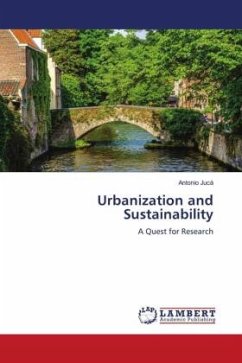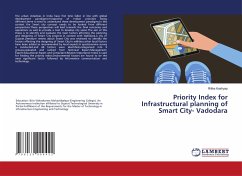As cities are swelling day by day with the boom of population, we should find and incorporate possible options to create indoor and outdoor thermal comfort for city occupants and dwellers by saving energy. Using green infrastructure strategies for urban designing as a mitigation option for urban heat island effect and climate change impacts is popularizing recently. The natural cooling potential from vegetation surfaces is a feasible option for existing and already created microclimates such as cities with buildings, asphalt roads, and pavements. The other reliable options named higher albedo and changing the building geometry are to consider in future constructions and adding greenery proportion appropriately is the best option to existing cities. This book will present the model level feasibility investigation of using greening options to a tropical city by using a popular modeling software, "ENVI-met" to alter the city thermal comfort.

